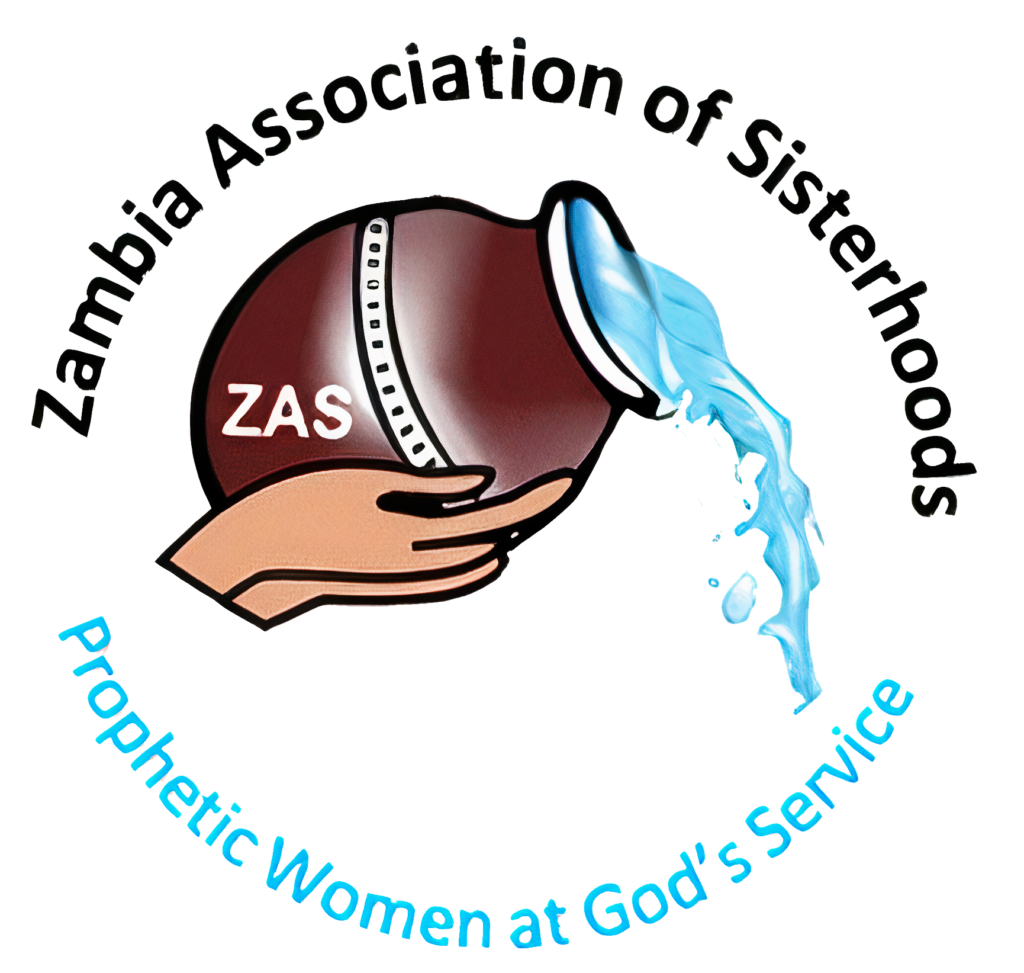Prayer Companion

Objective
What is to be achieved: The training local Zambians as Prayer Guides in order to provide Individually Guided Retreats to Parishioners of Catholic Churches in Zambia.
What changes are to be effected? The changes to be effected are within the students themselves. Our three goals are that by the completion of the course the participants will have: –
- Grown in self-knowledge, human development, prayer and their personal relationship with God.
- Formed a basic understanding of the spiritual life, and scripture as used for prayer.
- Begun to acquire the skills and art of spiritual accompaniment.
Who is involved in the achieving of the objective? The people most involved in the achieving of the objective are the objective are the three core team members who are as follows:
Sr Ann Kelly fmdm Course Director, Sr Leonor Torres cms Assistant Director, and Fr Joseph Hayes sj. Other lecturers and facilitators contribute to the process.
What is involved in the achieving of the project? The project is achieved by following the plan of the course content which is outlined below.
Who will check whether the objective has been achieved and how? The Core team has the first responsibility to determine for each student whether or not they are ready to be commissioned for this ministry. They have the support and backing of a Board of Management which meets three times a year. The Core Team is accountable to the Board which oversees the Programme and approves changes that might need to be made.
Planning Pastoral Programmes
Themes and content
Course Content Topics taught
- Role and identity of a prayer companion.
- Personal prayer and discernment.
- Religious Experience
- Scripture study as needed for prayer accompaniment.
- Basic human development.
- African context in prayer accompaniment.
- Sharing of personal faith stories.
- Formation of Conscience.
- Paschal Mystery.
- Social dimension of the Gospel.
- Enneagram
- Director/directee relationship
Practical experiences as follows:
- An experiential knowledge of the dynamic of an eight days directed retreat.
- Conducting “Individually Guided Retreats in Daily Life”, in Parishes accompanied by personal supervision.
- An apostolic experience of working in a place where there are people most in need, e.g. a hospice where most people suffer from HIV/AIDS followed by theological reflection which draw the participants to a disposition of heart that is deeply compassionate for the people who suffer.
Structures and Methods
An adult education model is used in which the participants are required to digest material given through personal reading and reflection and written responses. This is the basis of seminar type learning. Lectures are given, sometimes using power point presentations. Personal faith sharing takes place. Regular opportunities for practicing accompaniment skills in the class situation with the rest of the class observing and critiquing.


Leave a Reply